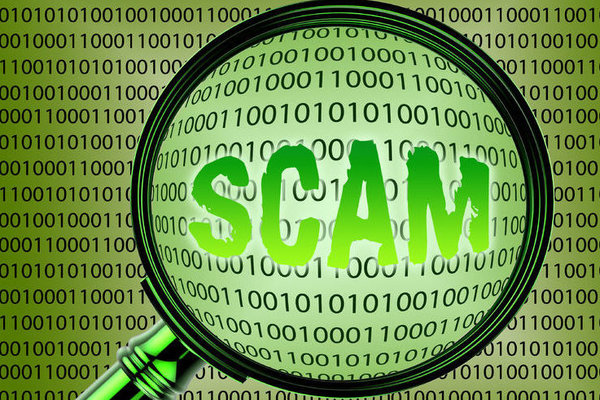Shocking scam figures as West Aussies fleeced for millions
West Australians lost nearly $14 million to scammers in 2019. Shockingly, hacking scams have increased by nearly 1000 per cent since 2019.
Consumer Protection says there’s a misconception that older people fall victim to scams the most, but people aged between 24 and 35 topped the list last year.
Even though most people lose smaller amounts of money to online shopping scams, there were a few that lost around $900,000… one of them to a fake romance scam.
Consumer Protection Commissioner Lanie Chopping told Oliver Peterson that the figures are concerning.
“What is helpful is we’ve had a 40 per cent increase in the number of people coming forward to tell us about scams.”
Advice to avoid becoming a victim:
- Don’t let anyone pressure you into making decisions straight-away;
- Always get a second opinion from a trusted and reliable source if someone is requesting money and you have doubts;
- Do not respond to emails, text messages and phone calls from strangers offering predictions on shares, investment tips or investment advice – always do your own research;
- Know who you’re dealing with on dating sites – watch out for profiles on social media and dating websites of scammers claiming to live in your area, but can’t meet due to travel or moving away, and never send money to someone you haven’t met in person;
- Never allow anyone to remotely log into your computer – if you receive a cold-call saying your computer or internet as a problem, it is most likely a scam;
- Take a moment to think about how an organisation is asking you to make payment – government agencies and businesses will never ask you to make a payment via gift cards.
Scams can be reported to ScamWatch
Download this podcast here















